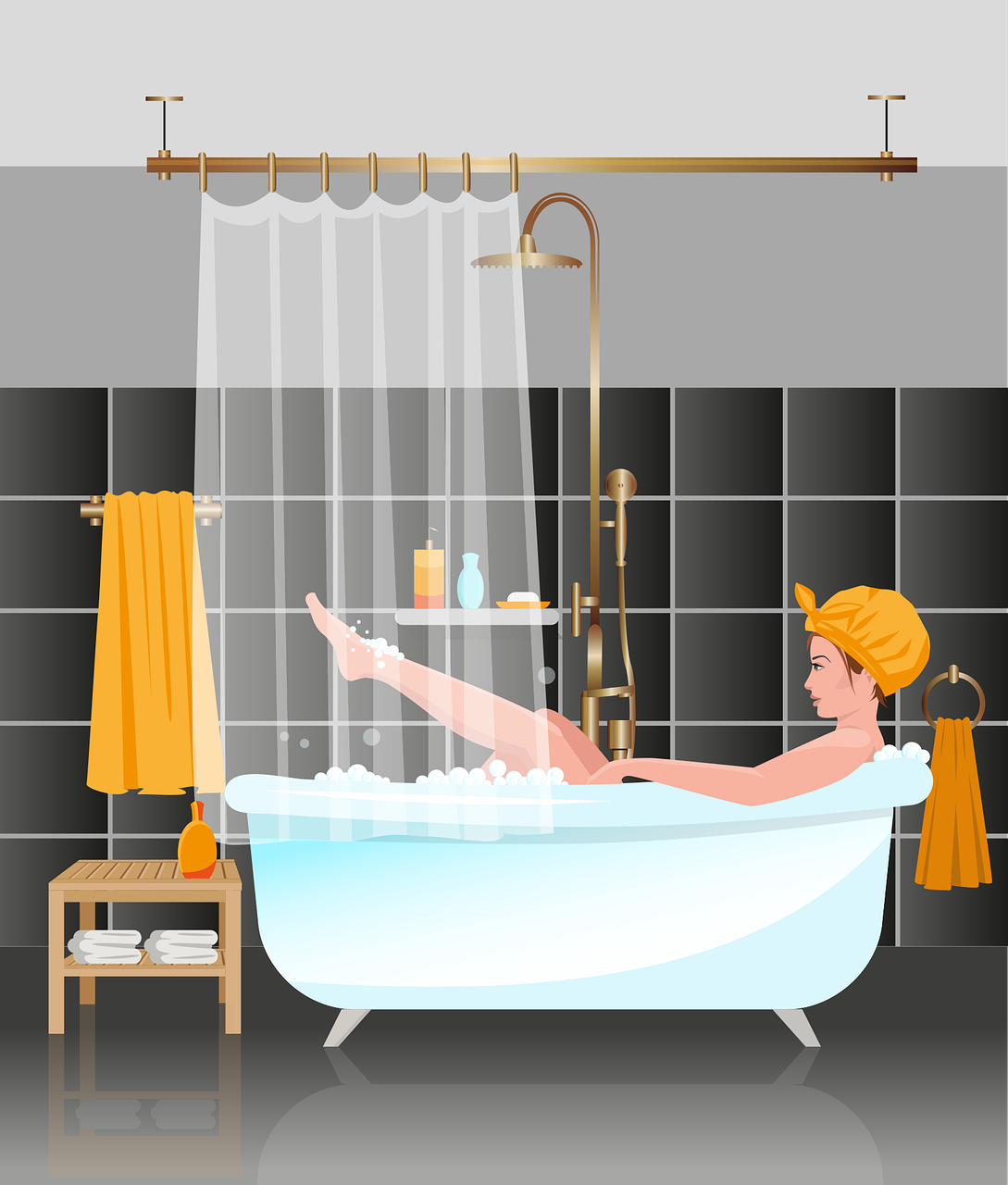What is good water pressure for a house?
Normal water pressure is generally between 40 and 60 PSI but most homeowners prefer to have it set somewhere in the middle around 50 PSI. Once you measure your home's water pressure, you can adjust it to a setting that is ideal for all family members and household uses.
Tips to increase water pressure in your house
If you feel like the water pressure in your home is not as high as you would like it to be, there are several things you can do to improve it.
One really simple way to increase your water pressure is to ensure your shower head is at the right level. Your shower will not perform as expected unless there is a minimum height of one metre between the showerhead and the water level in your property's water tank. Known as the head of water, the higher the head, the greater your water pressure will be.
Another simple trick is to ensure you frequently clean your showerhead, taps and pipes to remove limescale, rust or dirt. Like your drains becoming blocked and leading to sinks or toilets being slow to drain, the same can happen for water supply if not regularly cleaned, causing lower pressure.
Remember though, each house's water pressure will be different depending on the home water system you have.
For more specific tips for your shower or taps, check out the helpful tips we have pulled together for you below.
How to increase hot water pressure
You could be experiencing low hot water pressure for a variety of reasons, from a buildup of sediment and scale inside the water heater to too many bends in the plumbing lines. Luckily some simple fixes will increase the hot water pressure throughout your home.
- Have a plumber clean and flush out hard water scale, mineral deposits and sediment build-ups inside the water heater and plumbing lines.
- Replace old pipework and water heaters over 8 years old with new ones to ensure heat is being transferred efficiently.
- If you have several kinks or bends in the water supply intake and outtake lines before the water reaches your taps and outlets, this could be severely affecting your hot water pressure. You could have your plumber re-pipe the plumbing lines to the areas of the home that have problems with reduced hot water pressure or, if the entire home is affected, a pressure regulator can be installed to adjust the water pressure.
- Finally, double-check your shutoff valve (also known as a stop tap) is completely open, even a partial closure will reduce your hot water pressure.
How to increase water pressure from your shower head
Depending on which water pressure system you have, several different routes could be taken to increase your water pressure from your shower head. One solution could be to change the head of your current shower or replace the whole unit with a power shower which can increase your flow by three times.
Alternatively, if you don't want to install a new unit, you could install a shower pump that is fitted to the water system and activated when you switch the shower on. The water travels through the pump first before coming out of the showerhead. These are particularly useful for gravity-fed systems and older properties.
How to increase water pressure from your tap
If you do decide to install a shower up as mentioned in the previous system, these will also be able to help you increase the water pressure from your taps throughout the rest of your home.
Also, if you have a combi boiler system, be sure to check if your shut-off valve is obstructed or even closed. If it is, it will be severely affecting the pressure of your water. Usually found under your kitchen sink, the valve can become obstructed by debris so make sure to clean and check on this often for it to not become clogged.
How to fix high water pressure in your house
If you find your fixtures are leaking, pipes are banging or your appliances keep failing, it may be due to having high water pressure in your home. To understand whether the high water pressure is the cause of these problems there are a few steps you can take.
Step 1. Test with a water pressure gauge
To test whether your water pressure is too high (or even too low) a water pressure gauge can be used to measure the applied force of the liquid when it's at rest. Residential water pressure shouldn't exceed 80 psi so if your gauge is showing above this, you should call a plumber to get it looked at by a professional.
Step 2. Use a pressure reduction valve
Fitting a pressure reduction valve could also help with your high-pressure water problems. For a novice at DIY, it may be advised to get the help of a professional to install it for you as it can be quite tricky to do if you don't know your way around the pipework.
The pressure reduction valve will take a high inlet pressure and reduce it to a lower outlet pressure to balance out your pressure problems. Make sure you don't turn down the mains stopcock when you install this though, as it may cause reduced flow and a noisy plumbing system.
Step 3. Contact your water company
Call your water company if you notice that your water pressure is immensely above normal standards. When the force exceeds 100 psi or more, this could indicate a problem in the water supply network. It's the suppliers responsibility to make sure that your home receives normal levels of water so if you feel like it is too high it is worth getting in contact with them to see if anything can be done.
PlumNation
Posted by Ollie Lyon on Thursday 22nd April 2021, updated on Wednesday 10th January 2024

